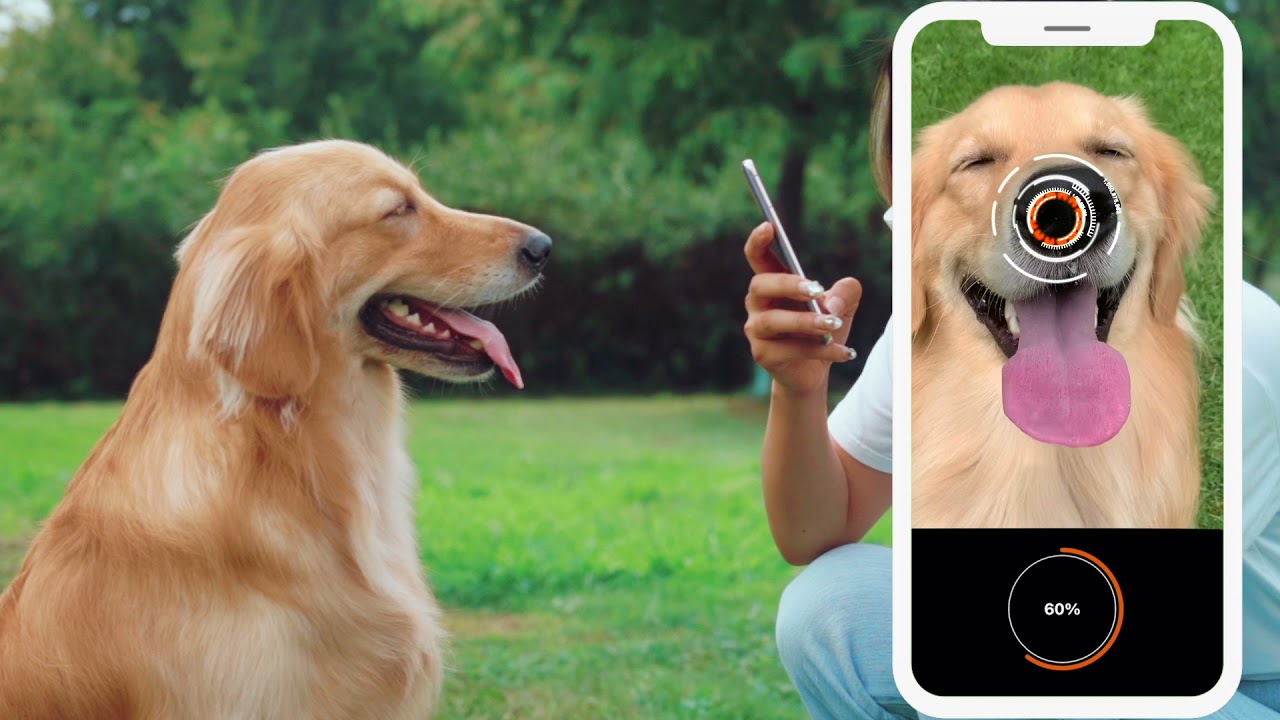In a world where our furry friends often become family members, the quest for reliable pet identification has reached new heights. Traditional methods like collars, tags, and microchips have their limitations, and many pet owners find themselves grappling with issues of detachment, damage, and outdated databases. Enter Petnow—a groundbreaking application that promises to transform how we identify cats and dogs through innovative facial recognition technology. Founded by the dynamic duo Jesse Joonho Lim and Ken Daehyun Pak, Petnow leverages state-of-the-art AI algorithms to scan pets’ facial features, creating biometric profiles that can be uniquely matched to individual animals. But how does it work, and will it live up to the hype? Let’s dive in.
The Mechanics Behind Petnow
At its core, Petnow utilizes a camera-based mobile application available on both Android and iOS platforms. Users can scan their pet’s face, which is then analyzed using AI trained on a vast database of around 200,000 images of dog and cat snouts. It’s an impressive feat that allows the app to create a unique identity profile for each pet.
- Nose Prints for Dogs: Petnow claims that a dog’s nose print is as unique as a human fingerprint. This means that their technology can recognize a dog without confusion, providing a consistent method for identification.
- Facial Contours for Cats: The app looks at the unique grooming habits of cats to help pinpoint individual facial contours. Although some may question the reliability of this method, it adds an extra layer of identification that furthers the app’s ambitions.
Why Petnow Matters
The duo behind Petnow sees this app as the future of pet identification. They believe that as awareness grows, the demand for reliable identification methods will increase, particularly in light of the growing pet population since the pandemic. As Lim and Pak aptly pointed out, “The pet identification market may not be mature at the moment, but it will eventually become big.” They envision features for registering pets, finding missing ones, and accessing insurance records, which could revolutionize the way we manage pet information.
Accuracy and Skepticism: The Controversy
However, the road to reliable identification is not without its bumps. Critics argue that regardless of the world of pets, facial recognition technology is often marred by biases and inaccuracies. This skepticism is heightened when considering that even seasoned veterinarians may struggle to identify dog breeds accurately, much less individual animals. Petnow asserts a “99% accuracy” in identifying pets, but such claims require careful scrutiny.
To bolster its credibility, Petnow references a study in IEEE Access indicating over 99% accuracy in distinguishing dog nose prints. Nevertheless, skeptics rightfully demand more robust and up-to-date evidence, particularly as the landscape of AI continues to evolve. Mistakes could have serious fallout—from hindering searches for missing pets to endangering health records, the stakes are indeed high.
Current Trajectory and Future Prospects
Currently, Petnow has around 70,000 users but has yet to see significant uptake among pet care providers and shelters. With a monthly burn rate of $150,000 and plans to partner with the insurance industry, Lim and Pak remain optimistic. They aim to expand their reach in North America and Europe while establishing contracts that will further validate their technology.
In a landscape as dynamic as AI technology, innovations like Petnow represent critical advancements that should aim for both accuracy and reliability. The potential to finally provide our pets with a trustworthy identification method is exciting. As the founders continue to address concerns and scale their technology, we remain hopeful for what lies ahead.
Conclusion: The Future of Pet Identification Awaits
In essence, Petnow offers a glimpse into the future of pet identification, making it a potentially valuable tool for pet owners everywhere. While numerous challenges still lie ahead in terms of accuracy, acceptance, and growth, the foundation laid by Lim and Pak signifies an important step forward. The future of AI in pet care relies on technology that can genuinely deliver on its promises, ensuring our beloved animals are always accounted for.
For more insights, updates, or to collaborate on AI development projects, stay connected with fxis.ai.
At fxis.ai, we believe that such advancements are crucial for the future of AI, as they enable more comprehensive and effective solutions. Our team is continually exploring new methodologies to push the envelope in artificial intelligence, ensuring that our clients benefit from the latest technological innovations.

